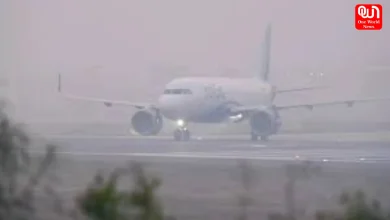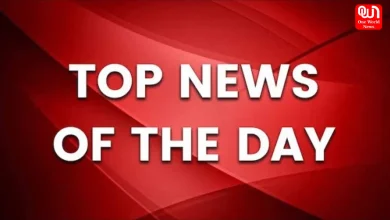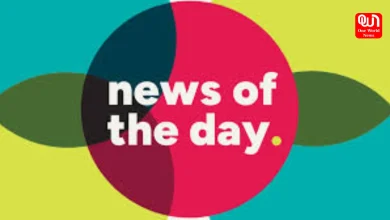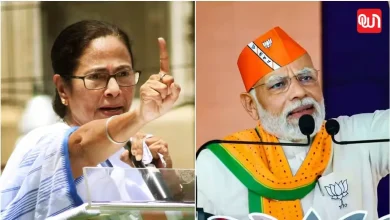Centre refutes Dorsey’s Twitter shutdown claims on farmer protests
The Indian government denies Jack Dorsey's allegations of Twitter shutdown during farmer protests, emphasizing the absence of a blanket shutdown and the importance of upholding freedom of expression.
The Indian government has vehemently refuted the claims made by Jack Dorsey, the co-founder and former CEO of Twitter, regarding the alleged shutdown of Twitter by the Indian authorities during the farmer protests. The Centre has clarified that no such action was taken, countering Dorsey’s assertions. This development adds to the ongoing debate surrounding the role of social media platforms in facilitating public discourse and the dissemination of information during times of social and political unrest.
Twitter Shutdown Amid Indian Farmer Protests
Read more:- “PTI Defectors Join New Boss,Launching New Party”
The controversy erupted when Jack Dorsey, who stepped down as Twitter’s CEO earlier this year, stated in an interview that the Indian government had shut down Twitter amid the farmer protests that took place in 2021. These protests were primarily organized by farmers demanding the repeal of controversial agricultural laws.
Indian Government Denies Twitter Shutdown Claims
The Centre promptly refuted Dorsey’s claims, stating that they were baseless and lacked any factual basis. The Indian government clarified that while certain accounts and tweets were temporarily withheld or blocked due to concerns over misinformation and incitement to violence, there was no blanket shutdown of the entire platform.
Challenges of Freedom of Expression and Social Media
The government’s response highlights the delicate balance between upholding freedom of expression and preventing the misuse of social media during times of social unrest. Authorities around the world are grappling with the challenges posed by the spread of misinformation and the potential for online platforms to exacerbate tensions and incite violence.
Read more:- South Indian States Crucial For India’s $5 Trillion Economy Goal
‘We’ll shut you down, raid homes': Twitter ex-CEO Jack Dorsey claims 'pressure' from Indian govt during farmers' protest https://t.co/zpaWC1d2V5 #JackDorsey #FarmersProtest #kisanandolan #farmer #kisan #SocialMedia #India @IndianExpress @IndiaToday @htTweets @aajtak @timesofindia
— Indian Advocate (@AdvocateIndian) June 13, 2023
Indian Government’s Commitment to Free Speech and Regulation
The Indian government emphasized that it has always respected the right to free speech and that any restrictions or actions taken were within the legal framework of the country. They reiterated their commitment to maintaining an open and democratic society while ensuring that social media platforms are not misused to manipulate public opinion or disrupt law and order.
Read more:- Centre meets FY23 fiscal deficit target of 6.4% of GDP
Twitter’s Role and Accountability in Public Discourse
The controversy surrounding Twitter and the farmer protests in India underscores the wider debate on the responsibilities of social media platforms. Critics argue that platforms like Twitter have become powerful gatekeepers of information, shaping public discourse and potentially influencing political outcomes. They believe that such platforms should be held accountable for the content they host and the role they play in facilitating or stifling public movements.
Balancing Free Speech and Social Media Regulation
On the other hand, proponents of free speech caution against excessive regulation and emphasize the importance of allowing diverse voices to be heard, even if they are contentious or unpopular. They argue that any attempts to curtail social media platforms’ reach or influence could infringe upon individuals’ rights to express their opinions freely and access information.
The Centre’s refutation of Jack Dorsey’s claims regarding the shutdown of Twitter during the farmer protests in India highlights the complexities surrounding the regulation of social media platforms. As governments and societies grapple with the impact of these platforms on public discourse, striking a balance between freedom of expression and responsible governance remains a significant challenge. The ongoing debates and controversies surrounding Twitter and other social media giants serve as reminders of the need for comprehensive and thoughtful approaches to address these issues in the digital age.
Like this post?
Register at One World News to never miss out on videos, celeb interviews, and best reads.








